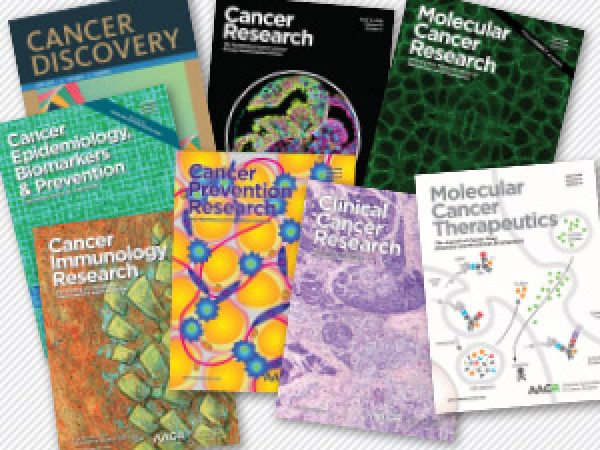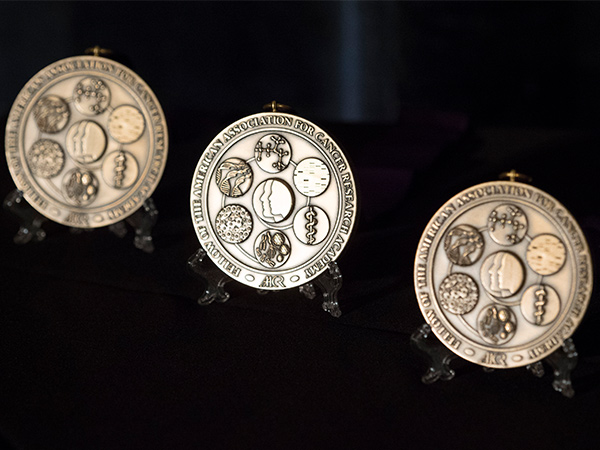AACR-Cancer Research UK Transatlantic Fellowships: Inaugural Recipients Announced
The strategic alliance between the American Association for Cancer Research (AACR) and Cancer Research UK (CRUK) includes support for promising young cancer researchers, encouraging global collaborations that strengthen our shared mission to prevent and cure cancer.
We are pleased to announce the four inaugural recipients of the AACR-Cancer Research UK Transatlantic Fellowships. These four-year £300,000/$400,000 grants provide high-potential early career researchers a unique opportunity to explore independent research experiences, to forge international collaborations between the United Kingdom and the United States, and to accelerate their careers.
Selected from among the most promising graduate students and junior postdocs in cancer research in the United Kingdom and the United States, these four fellows will pursue projects that span the research pipeline from basic discovery to clinical application.
Alejandro Jimenez-Sanchez, PhD
“Integrative single-cell time-series for tumor micro-environment remodeling”
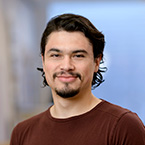
Jimenez-Sanchez received his PhD at the University of Cambridge, where he used genomics approaches to study the microenvironment of ovarian tumors. He detected pervasive heterogeneity in immune infiltrates within patients and found evidence of oncogenic signaling associated with immune exclusion.
During the fellowship, Jimenez-Sanchez will work with Dana Pe’er, PhD, at the Sloan Kettering Institute in New York and Charles Swanton, MBBS, PhD, at the Francis Crick Institute in London to study tumor spatiotemporal dynamics in response to immune-combination therapies using single-cell genomics computational methods. His aim is to unleash the potential of the immune system to fight cancer.
Geylani Can, PhD
“Regulation of DNA replication in mitosis”
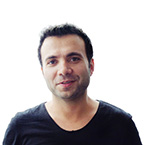
Can earned his bachelor’s degree in molecular biology and genetics at Izmir Institute of Technology in Turkey, completed his master’s degree at Karolinska Institute in Sweden, and obtained his doctoral degree at the Gurdon Institute at the University of Cambridge. His PhD work focused on investigating the roles of DNA damage checkpoint during the cell cycle.
During the fellowship, Can will work with Johannes Walter, PhD, at Harvard Medical School in Boston and Stephen West, PhD, at the Francis Crick Institute in London to study the regulation of DNA replication in mitosis. Can hopes to identify new anticancer therapy targets.
Hadley Elizbeth Sheppard, PhD
“Drugging brachyury in chordoma”
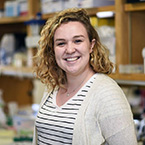
Sheppard completed her undergraduate education at the University of California, Davis, and her doctoral training in genetics and genomics at Baylor College of Medicine. During her PhD studies, Hadley was a part of the team that mapped a super enhancer-regulating transcription factor T (brachyury) in chordoma.
Sheppard will work with Paul Workman, PhD, at the Institute of Cancer Research in London and collaborate with Stuart Schreiber, PhD, and a Chordoma Initiative Group at the Broad Institute to continue working in chordoma from an increasingly translational perspective. Her goal is to advance biological understanding of chordoma and accelerate targeted therapies toward the clinic.
Ching Ting (Justin) Loke, BM, BCh, PhD
“Understanding the clonal structure and chemoresistance of ASXL1/RUNX1 AML”
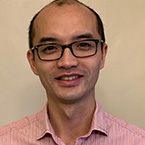
Loke trained at the University of Cambridge and University of Oxford Medical School, completed postgraduate hematology training in Birmingham, England, and completed his PhD at the University of Birmingham in the epigenetic deregulation of acute myeloid leukemia (AML) with RUNX1 translocations.
Loke will work with Benjamin Ebert, MD, PhD, at the Dana-Farber Cancer Institute in Boston and collaborate with the Cancer Research UK Manchester Institute to understand how two commonly mutated genes in the samples of patients with AML, ASXL1 and RUNX1, contribute to disease relapse. His aim is to develop transformative strategies to help AML patients.
Despite the difficulties caused by the COVID-19 pandemic, which delayed the start of their fellowships, the recipients remain motivated to begin working on their new research projects as soon as that becomes possible. Find out more about the new AACR-Cancer Research UK Transatlantic fellows on the Cancer Research UK website.
The next round of the AACR-Cancer Research UK Transatlantic Fellowships has been postponed due to the pandemic. Please visit AACR’s current funding opportunities and upcoming funding opportunities for updates.


